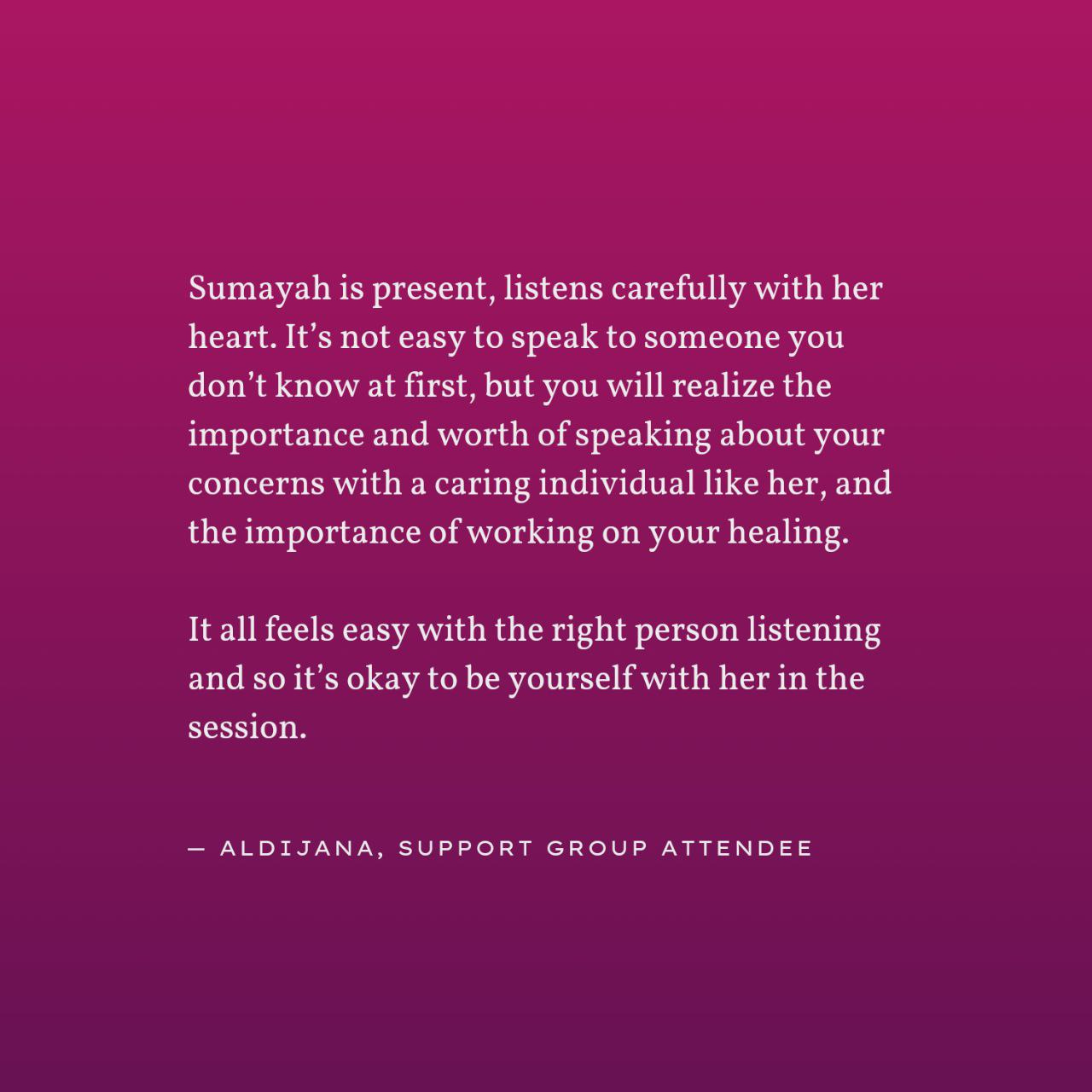It becomes counterproductive when we move from wanting our loved ones to do something, to needing them to do it. Subtle encouragement and occasional reminders can gradually become nagging, lecturing, chasing, begging, and pleading.
What usually starts with good intentions—wanting to help them change for the better, improve on something, make more intelligent choices, or stop doing something harmful turns into a fight.
It's really hard to have respect for and polarity with someone when you are mothering and micromanaging them—which are code words for controlling.
Intellectually it's easy to understand that you can't control people, they have to do things on their terms. The need to control is often fear-based, it may be a historical projection or a response they earned through experience. To the person receiving it, control conveys a lack of trust and an implicit expectation of incompetence.
“If I don't press him about it, it will never get done!”
“I can't just sit here while he wastes his time. He needs to do better!”
“She's always on my case about things. She gives me that disappointed look as soon as I walk into the house, and it's crushing. It makes her hard to be around.”
“Whatever I do for him is not enough. He always finds something to pick on, he is never satisfied. I'm a failure in his eyes.”
“I feel like giving up. I can never make her happy.”
The way someone responds in a situation, their demeanor, energy, or expression is very telling. Words can be hit-and-miss because they may be trying to say whatever they have to, to get us off their back!
Instead of staying present and carefully observing their response, we fall back on an old pattern of trying to control the outcome. On some level, we imagine that a little more repeating, sulking, and arguing will do the trick.
Do they need you to explain the same thing for the tenth time in different words?
Do you imagine they enjoy having you corner them and demand they explain themselves to you like it's a police interrogation?
Controlling behavior is a relationship killer
It damages relationships: it can create ill will, resentment, and contempt for both parties. It can cause your person to shut down, check out, resist or get defensive. Some respond by withdrawing, feeling defeated, and hopeless. Either way, they're in no condition to make the changes you hope to inspire.
Tryin' doesn't mean it's better
Doesn't mean you're magically the person that I want from you
Tryin' doesn't make you perfect
Really, it's the minimum you do for those you love
Tryin', I can see you tryin'
And no one ever told you sometimes trying isn't good enough
I want you to change 'cause you want to change
I tried, can you say you did?
—I Want You To Change (Because You Want To Change) by Maisie Peters
When they do attempt to please us or offer a gesture to show they're cooperating, we feel put off by the fact that we had to say anything in the first place.
It doesn't feel genuine enough. It needs to come from them, precisely in the form we want it.
In the case of two people with different love languages, a lot can get lost in translation. A man offering his wife love through acts of service is met with disappointment because she wants more quality time and words of affirmation. He fixed something in the house and she wants a dozen roses and a handwritten poem. Part of growing in a relationship is being able to show appreciation for your person’s efforts, even if they aren’t made in your language. An appreciated person is a lot more open to learning a new way to do things than a criticized and rejected one.
In counseling, we have a term called UPR which stands for Unconditional Positive Regard. It means caring for someone as a separate person with their own emotions and experiences while offering them grace and acceptance.
It’s a posture of non-judgment that offers the person the comfort and safety to be themselves without the fear of being rejected or losing love. The idea is that a therapist has to see their client in that light in order to create a healthy relationship and effectively support them.
In Islam, we have the term Husn Ath-than which means to think well of. We’re taught to think well of Allah and others and to expect goodness from them. I think both concepts are important to embody in our relationships because in their absence we’re left with contempt, judgment, rejection, and criticism.
When we assume the worst of someone’s intentions we’re left feeling hurt by their behaviour and choices. What they see as a reasonable decision, we see as disregard and a lack of consideration. It can start to feel like they’re out to get us; to intentionally hurt us. A relationship where we struggle to assume the best of each other is getting unhealthy.
I get to write you free content without the interruption of any ads or algorithms because of the wonderful people who decided to trust me with a few quid/bucks of theirs each month.
You can join them by becoming a paid subscriber, you’ll also get exclusive content and podcasts as well as access to community chat and discussion.
Creating A New Pattern
Make dua for the change you’re hoping to see. We know we can’t change people, so ask the One who can change them.
Dua requires trust and submission. It can be painful to be told to wait for divine timing and be more hands-off, but it does wonders for your relationship.
When you withdraw the judgment and criticism it creates a neutral space for them to possibly make a different decision. No one likes to do things under pressure or duress, pulling back gives them the opportunity to come towards you for a change.
The next time you feel yourself starting to slip into that desperate, chasing, grabbing energy: pull back and pause.
It's time to check in with yourself and get curious:
Is this the best time to address the issue?
Is this the most effective way to do it?
Am I in the right headspace to have the conversation right now?
Are they in the right frame of mind to hear what I'm saying?
Is this a layered issue that requires careful reflection?
Did You Know I Offer Weekly Women’s Support Groups?
There are both weekday evening and weekend groups to join, with 5 spaces available per meeting. The 90-minute sessions meet online and can fill up pretty quickly. Come check them out!





